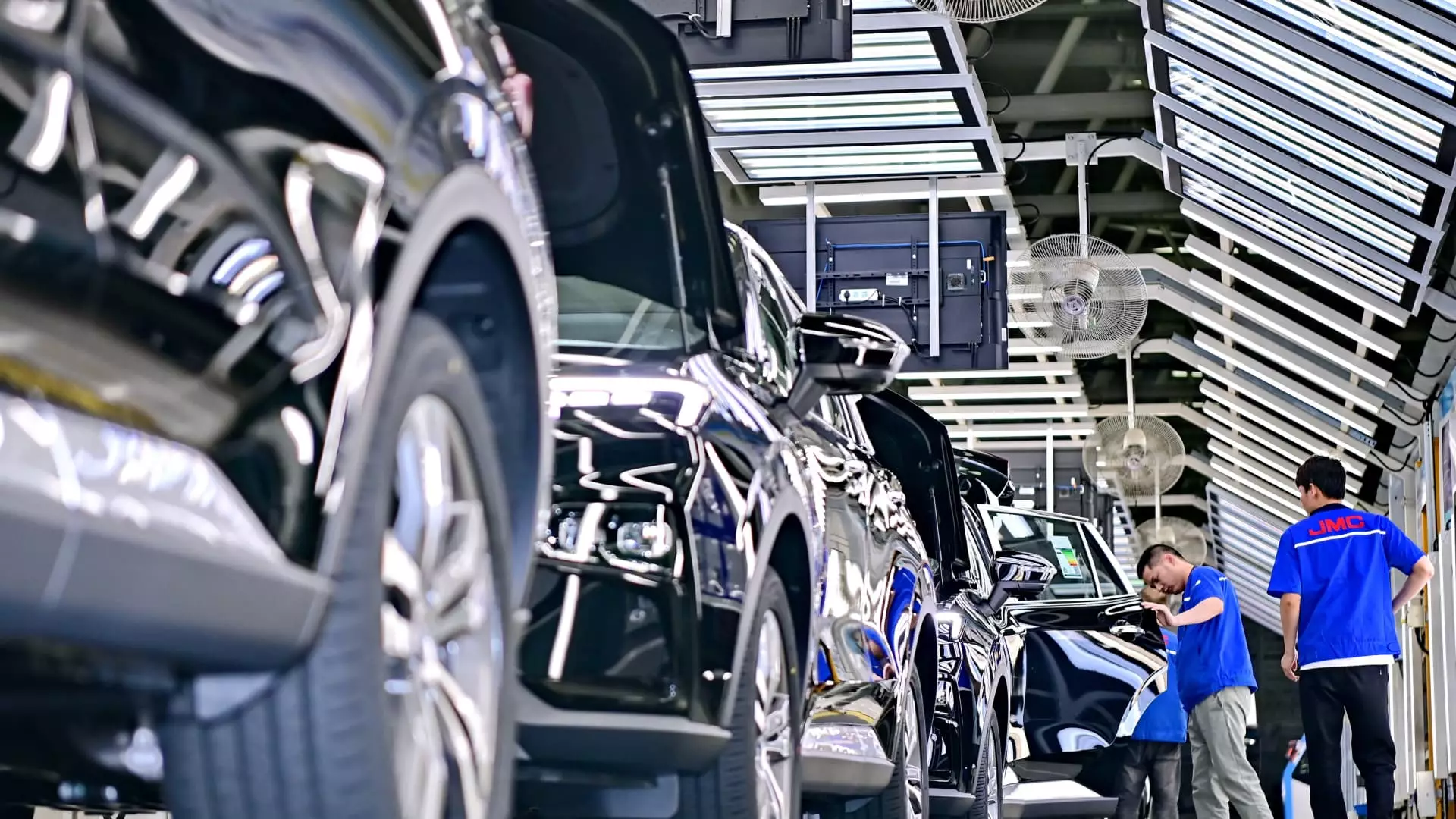China is currently in discussions with the European Union in hopes of reaching an agreement on the bloc’s planned tariffs for imported Chinese electric cars. The European Commission had previously announced that if negotiations were not successful, additional duties on imported Chinese EVs would be imposed starting on July 4, with “definitive measures” taking effect four months later. This uncertainty has put pressure on both sides to come to a resolution soon.
Chinese Commerce Ministry spokesperson He Yadong expressed China’s desire for the European side to collaborate and find a middle ground in the negotiations. He emphasized the importance of sincerity, a speedy consultation process, adherence to rules, and a focus on reaching a mutually agreeable solution quickly. The Chinese government is opposed to the EU’s anti-subsidy probe and aims to address the issue before the impending deadline.
The Chinese Minister of Commerce and the European Commission Trade Commissioner have conducted virtual meetings to discuss the EU probe into the role of subsidies in China’s electric vehicle production. Multiple rounds of talks at a technical level have taken place between the two parties, although the status of these discussions remains unclear. Both China and the EU have a limited window of time to come to a resolution before additional tariffs are implemented.
China has invested significantly in the development of its electric car industry, spending $230.8 billion over more than a decade to fuel the growth of the new energy vehicle sector. Companies like BYD have capitalized on this investment by exporting electric vehicles to Europe and other global markets. The rapid expansion of the electric vehicle industry in China has raised concerns about the role of government subsidies and the impact on international trade.
The ongoing negotiations between China and the European Union regarding tariffs for imported electric cars are critical for both parties. Cooperation, compromise, and a commitment to finding a mutually acceptable solution are essential to avoid the imposition of additional duties. The outcome of these discussions will have significant implications for the future of the electric vehicle industry and international trade relations.

